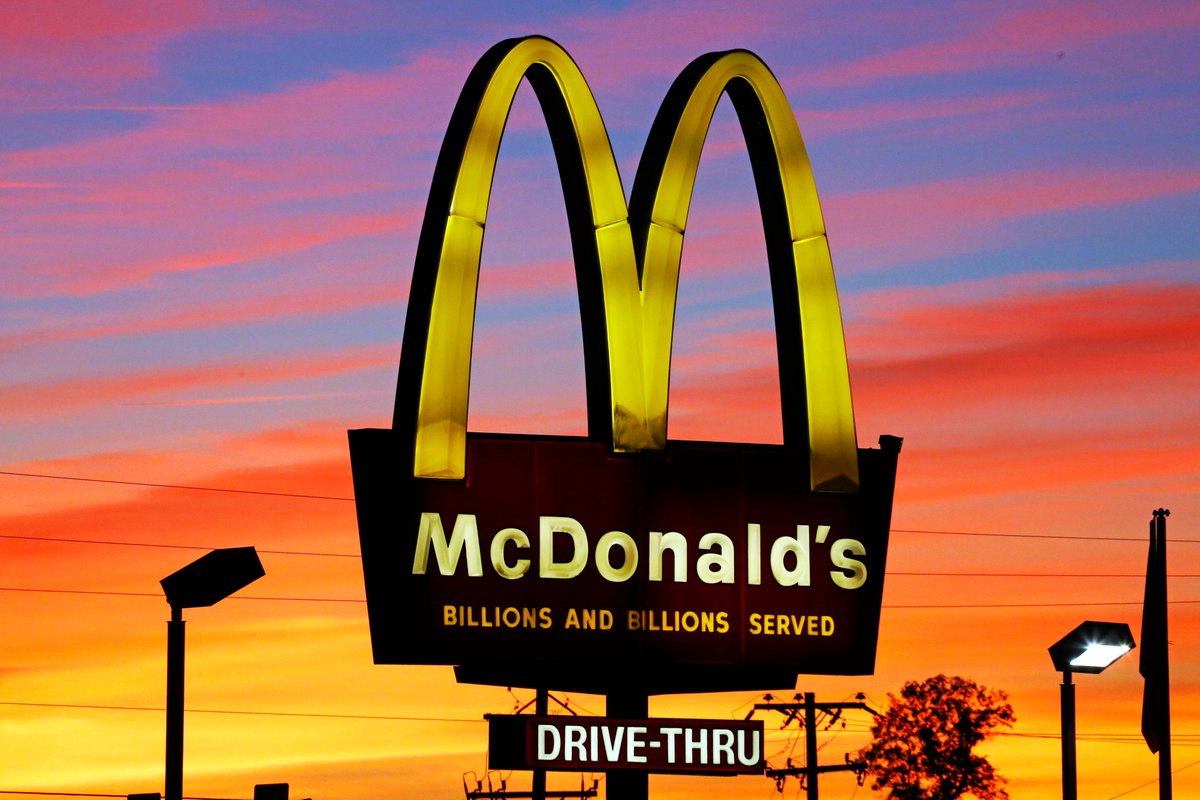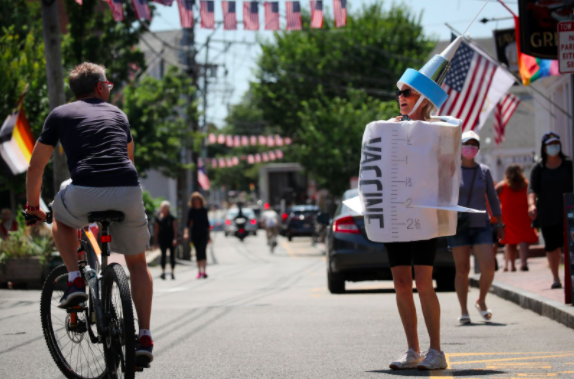
If you ever wondered why @McDonalds McFlurry machines are often out of order, you're not alone.
The FTC also wants to know why the fast food chain’s ice cream machine always seems to be broken. bos.gl/lj9xAXE
The FTC also wants to know why the fast food chain’s ice cream machine always seems to be broken. bos.gl/lj9xAXE
According to an online map of McDonald’s locations in the US that are unable to serve ice cream products, called Mcbroken.com, 11 percent of the chain’s stores are experiencing technical difficulties. That includes about 20 stores in Massachusetts.
On Wednesday, The Wall Street Journal reported that the FTC reached out to owners of franchise locations to learn more about the issue.
They wrote that the ice cream machines require a “nightly automated heat-cleaning cycle that can last up to four hours to destroy bacteria.”
They wrote that the ice cream machines require a “nightly automated heat-cleaning cycle that can last up to four hours to destroy bacteria.”
If that process doesn’t work, owners must call in a technician before they can use the machine.
It’s a costly endeavor to fix the broken machines, made by Taylor Commercial Foodservice, and part of the reason is that they are layered in secrecy. bos.gl/lj9xAXE
It’s a costly endeavor to fix the broken machines, made by Taylor Commercial Foodservice, and part of the reason is that they are layered in secrecy. bos.gl/lj9xAXE
🍦 Earlier this year Wired reported that the machines cost franchisees about $18,000. bos.gl/lj9xAXE 

Since information about the inner-workings of the machine stay hidden from the restaurant owner, when a machine breaks, they must often turn to Taylor distributors that charge “thousands of dollars a year for pricey maintenance contracts,” the report said.
McDonald’s said in a statement to the Globe that the company “has no reason to believe we are the focus of an FTC investigation.” bos.gl/lj9xAXE
• • •
Missing some Tweet in this thread? You can try to
force a refresh











